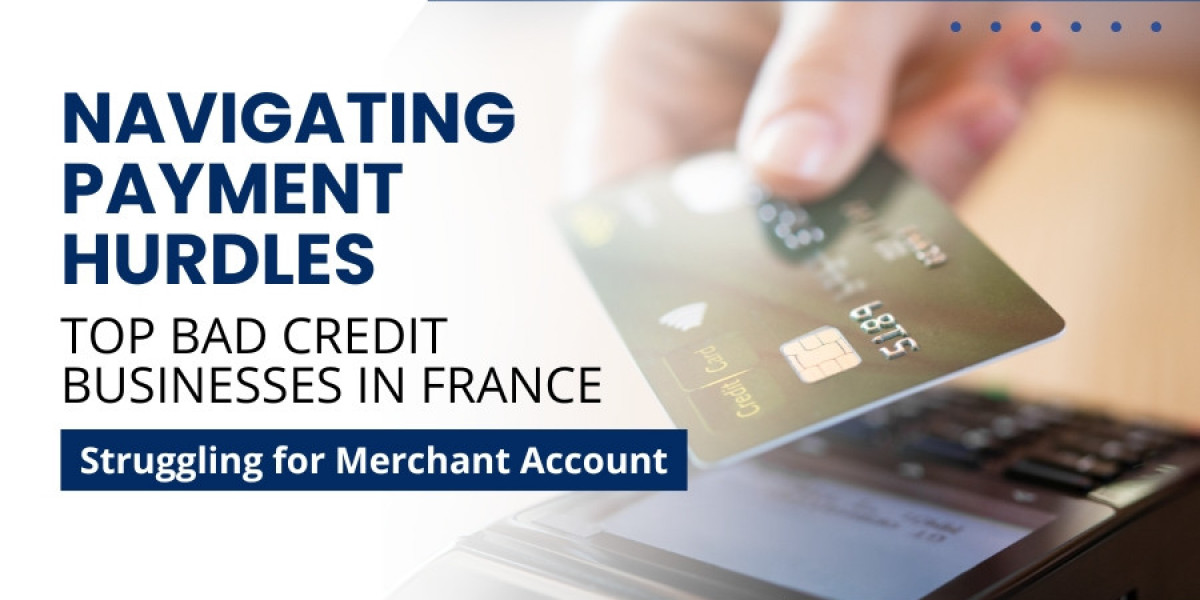For any business in France, accepting card payments is non-negotiable. However, for entrepreneurs in certain industries, securing a merchant account can feel like trying to scale a cliff without a rope. Traditional French banks and payment processors are notoriously risk-averse, and a less-than-perfect credit history or a high-risk business model often leads to immediate rejection.
This leaves many viable, growing businesses stranded. If you operate in one of the following sectors, you've likely faced this frustrating barrier. Understanding why you're classified as high-risk is the first step toward finding a solution.
Top Business Categories Facing Merchant Account Rejection in France
1. Cryptocurrency & Forex Trading Platforms
The volatile and largely decentralized nature of the crypto and forex markets makes banks nervous. Concerns over money laundering regulations, the potential for high-value chargebacks ("friendly fraud"), and the overall regulatory uncertainty lead French financial institutions to often deny services to these businesses, regardless of their individual compliance measures.
2. Online Gaming and Esports Betting
While regulated in France, the online gaming and betting industry is perpetually on the high-risk list. The combination of high transaction volumes, intense regulatory scrutiny from ARJEL, and the elevated risk of problem gamblers disputing transactions makes acquiring banks hesitant. Even with a French license, businesses often face high fees and rolling reserves.
3. Travel and Tourism Services
The travel industry is vulnerable to economic downturns, natural disasters, and public health crises—as vividly demonstrated by the COVID-19 pandemic. This unpredictability leads to a high incidence of cancellations and chargebacks. French banks fear being liable for refunds if a travel company suddenly goes out of business, making them quick to deny accounts to new or small travel agencies.
4. Subscription Box Services & E-commerce
Businesses operating on a recurring billing model are often flagged. The reason? A higher potential for chargebacks when customers forget about a recurring charge or feel the cancellation process was difficult. Even with a perfect product, the business model itself is deemed risky by traditional French acquirers, especially if the owner has any personal credit issues.
5. CBD and Hemp-Derived Product Retailers
Despite the legality of CBD products in France (with strict THC limits), the association with the cannabis family creates significant banking friction. Banks fear running afoul of complex, evolving regulations and often adopt a blanket policy of rejection to avoid any potential legal complications, stifling a legitimate and growing market.
6. Tech Support and Digital Marketing Agencies
These service-based businesses can fall into the high-risk category due to the subjective nature of their value. Clients who are unsatisfied with results may file chargebacks, claiming services were not rendered as promised. This dispute-heavy environment makes processors wary, particularly for newer agencies without a long track record.
7. Adult Entertainment and Dating Websites
This is one of the most traditionally high-risk verticals globally. French banks, often conservative, are concerned about brand association, high chargeback rates, and potential legal complexities surrounding content. This makes it exceptionally difficult for legitimate operators to secure standard payment processing.
Why Are These Businesses Deemed "High-Risk"?
French banks and processors assess risk based on several factors:
High Chargeback Likelihood: Industries prone to customer disputes are immediate red flags.
Legal and Regulatory Scrutiny: Sectors with complex or evolving laws (Crypto, CBD) are avoided.
Financial Instability: A business or personal credit history showing past difficulties suggests future risk.
Reputational Risk: Banks may avoid industries they believe could damage their brand image.
There is a Solution: High-Risk Merchant Account Specialists
The good news is that a non from a traditional French bank is not the final word. The financial world is global, and there are payment specialists and offshore institutions that understand these business models and are willing to support them.
These high-risk merchant account providers conduct a more nuanced evaluation, looking at your business's specific metrics, fraud prevention protocols, and growth potential rather than applying a blanket rejection. They offer a lifeline to French entrepreneurs, providing access to Visa and Mastercard networks with tailored solutions that include secure processing, multi-currency support, and chargeback management tools.
If your legitimate French business is struggling to secure a payment processing solution, don't lose hope. The challenge is not unique to you, and specialized financial pathways exist to help you operate and grow.








